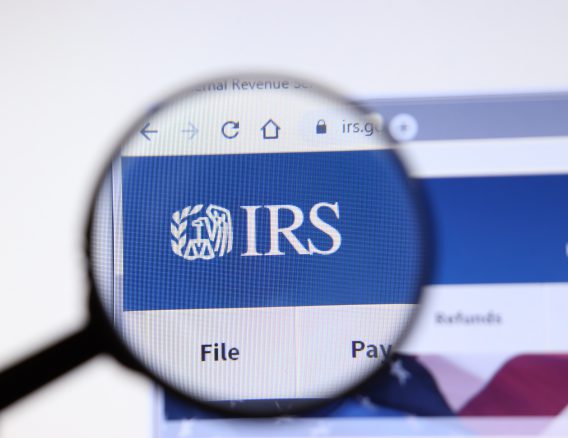Written by Dakota Trump, Tax Associate
On June 1st, Senior Accountant Jake Shockley and Client Service Manager Catherine Kruse presented on the IRS homepage and why it might be time to embrace the options that the IRS offers. While many taxpayers feel very strongly against being on their radar, the new technology that “The Service” offers is definitely an advantage in the long run. Don’t miss their next webinars on August 3rd and September 7th on submitting a power of attorney through the IRS site and making an estimated tax payment!
As we continue our series on identity theft and the IRS, we will discuss a key way to protect your tax return filing both before or after your identity has been compromised. In 2011, the IRS started sending individuals identity protection (IP) PINs upon being notified they were a victim of identity theft. Today, IP PINS are available to all taxpayers, whether there has been identity theft or not. Getting an IP PIN is a proactive step to protect yourself from tax-related identity theft.
What is an Identity Protection PIN?
An IP PIN is a six-digit number that prevents someone else from filing a tax return with your Social Security number. The IP PIN is a private number that is known by only you and the IRS. The objective of the IP PIN is for the IRS to be able to verify your identity when you file your return. If you have received an IP PIN from the IRS, the PIN is required included with your return when it is e-filed. If no PIN is provided, the e-file will be rejected by the IRS.
How do I get an IP PIN?
Anyone who has a Social Security number and files a tax return is eligible for an IP PIN. You may retrieve an IP PIN online by using the IRS “Get an IP PIN” tool. If you have not been a victim of identity theft, but want to receive a PIN, you must register with the IRS to validate your identity. This tool is available starting in mid-January through mid-November. Once you receive your PIN, it is important to hold on to it for that tax year. Once you register, you will receive a new IP PIN each tax year.
Taxpayers will receive a CP01A Notice from the IRS if they have been a confirmed victim of tax-related identity theft. This notice will have the six-digit IP PIN address that will be required each year going forward to file their tax return. Again, the IP PIN will change each year. It is important when you receive this CP01A notice to put it somewhere secure with your other tax documents. This IP PIN will be required when filing your tax return. If the IP PIN is lost, you may use the Get an IP PIN tool to retrieve a new PIN.
Hauk Kruse recommends all taxpayers register to receive an IRS IP PIN. This six-digit PIN will provide additional security and confidence that your identification is not being stolen and used to file a fraudulent tax return. Hauk Kruse is not able to retrieve IP PINs for clients, but may be able to assist you in the process.
Click here if you would like to access the IRS Get an IP PIN tool to register and receive an IRS IP PIN.

